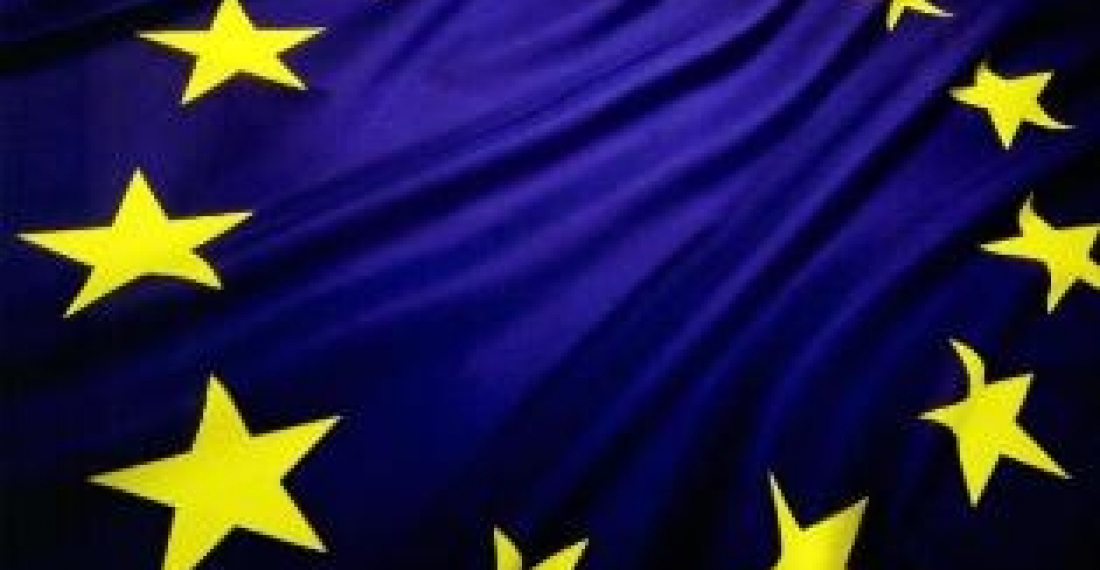- Armenia-Azerbaijan Strategic Expert Platform: Members emphasise the importance of the present moment for the South Caucasus and call for the momentum to be used for the long-term peace and prosperity of the region
- Thursday Interview: Dr. Anar Valiyev
- Food insecurity in Somalia has nearly doubled in the past year
- Türkiye evaluating potential measures in case of a US-Iran conflict
- European Parliament reaffirms support for Ukraine and EU Path
- EU moves ahead with Ukraine loan preparations despite Hungarian block
EU-CAUCASUS

The Council of the European Union adopted, by written procedure, a decision to appoint Philippe Lefort as the European Union Special Representative (EUSR) for the South Caucasus and the crisis in Georgia, the press-service of the EU Council reported on Friday.
The decision, based on a proposal from the High Representative of the Union for Foreign Affairs and Security Policy, Catherine Ashton, covers the initial period from 1 September 2011 until 30 June 2012. Philippe Lefort replaces Pierre Morel who served as EUSR for the crisis in Georgia until 31 August 2011 and Peter Semneby who served as EUSR for the South Caucasus until 28 February 2011, the statement reads.
In order to achieve the Union's policy objectives, the mandate includes the development of contacts with governments, parliaments, other key political actors, the judiciary and civil society in the region; encouraging the countries in the region to cooperate on regional themes of common interest, such as common security threats, the fight against terrorism, illicit trafficking and organized crime; and contributing to the peaceful settlement of conflicts in accordance with the principles of international law and to facilitate the implementation of such settlement in close coordination with the United Nations, the OSCE and its Minsk Group.
Philippe Lefort is a French diplomat of more than 20 years' experience. He has devoted large parts of his career to the Caucasus and Russia, among other things as French Ambassador in Georgia (2004-2007) and as Deputy Head of Mission at the French Embassy in Russia (2007-2010). Since 2010, he has been the Head of Continental Europe General Directorate at the French Ministry of Foreign and European Affairs.








